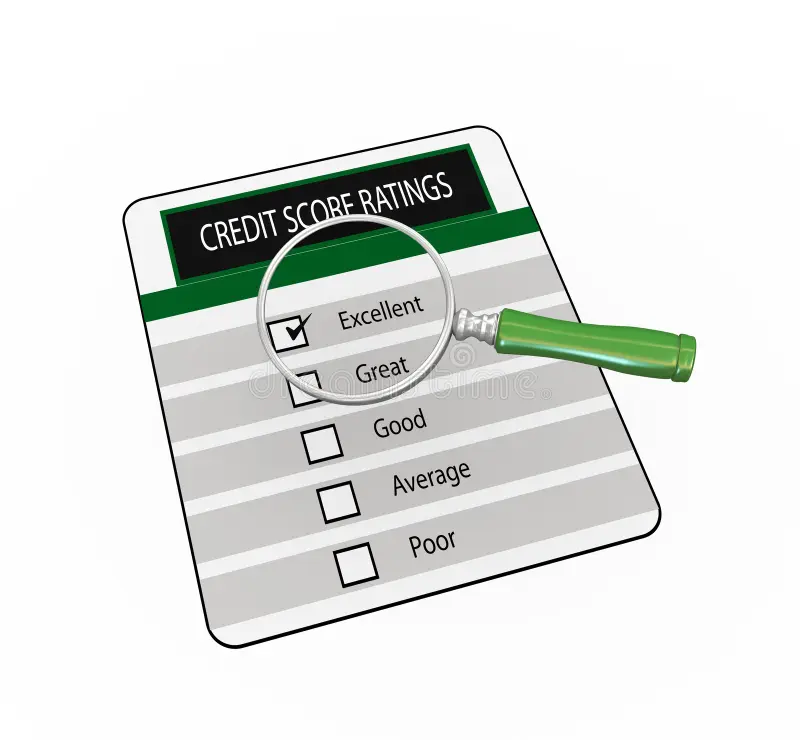Your credit score might be just a number, but it plays a major role in your financial life. From renting an apartment to getting a loan, your score affects what opportunities—and interest rates—you get access to.
In this article, you’ll learn what a credit score is, how it’s calculated, why it matters, and how to raise it effectively, even if you’re starting from scratch.
What Is a Credit Score?
A credit score is a number that represents your creditworthiness—how likely you are to repay borrowed money. It’s based on your credit history and is used by:
- Banks and lenders
- Landlords
- Insurance companies
- Sometimes employers
Scores typically range from 300 to 850 (higher is better).
Why Your Credit Score Matters
A good credit score helps you:
- Qualify for loans and credit cards
- Get lower interest rates
- Increase approval chances for renting or buying a home
- Lower insurance premiums
- Establish financial credibility
A poor score can mean higher costs or outright denials.
What’s a “Good” Credit Score?
| Score Range | Rating |
|---|---|
| 800–850 | Excellent |
| 740–799 | Very Good |
| 670–739 | Good |
| 580–669 | Fair |
| Below 580 | Poor |
Aim to keep your score above 700 for optimal results.
How Is Your Credit Score Calculated?
Most credit scores use this formula:
| Factor | Weight |
|---|---|
| Payment History | 35% |
| Credit Utilization | 30% |
| Length of Credit History | 15% |
| New Credit/Inquiries | 10% |
| Credit Mix | 10% |
7 Tips to Improve Your Credit Score
1. Pay Bills On Time
Even one missed payment can drop your score significantly. Set up autopay or reminders.
2. Lower Your Credit Utilization
Keep your credit card balances under 30% of your limit—10% is even better.
3. Avoid Closing Old Accounts
Older accounts help increase your credit history length. Keep them open, even if you don’t use them often.
4. Limit Hard Inquiries
Each new credit application triggers a “hard inquiry,” which can lower your score slightly. Space out applications.
5. Check Your Credit Report Regularly
Look for errors or fraud. You can get a free credit report annually at AnnualCreditReport.com.
6. Diversify Your Credit
A mix of installment (loans) and revolving (credit cards) accounts shows responsible use.
7. Become an Authorized User
Being added to someone else’s well-managed credit card can help boost your score.
How Long Does It Take to Improve a Score?
- Minor fixes: 1–3 months
- Moderate improvement: 3–6 months
- Major changes: 6–12+ months
Consistency is key.
Final Thoughts: Take Control of Your Score
Your credit score is more than just a number—it’s a tool. Use it wisely, and it can open doors to better rates, stronger opportunities, and more freedom in your financial life.
Start with small actions today, and you’ll build a score that supports your future goals.
